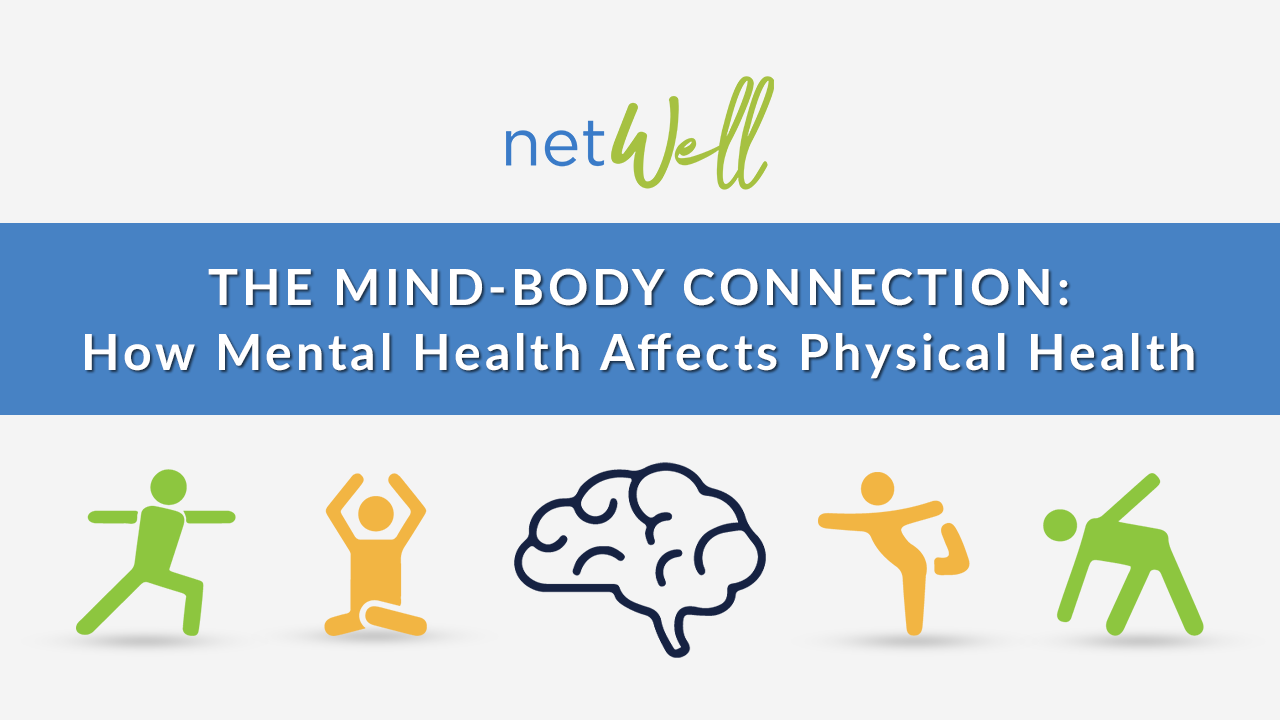The Mind-Body Connection: How Mental Health Affects Physical Health

Introduction
The connection between the mind and body is undeniable. While we often compartmentalize mental and physical health, they are inevitably linked. A flourishing mind can foster a thriving body, but conversely, mental health challenges can exert a considerable toll on one’s physical well-being. In this blog, we will explore the relationship between mental health and physical health, shedding light on the ways in which the state of our minds can impact our overall physical wellness.
The Stress Response:
Stress is a natural response to challenges, but chronic stress can take a serious toll on your body. When you experience stress, your body releases hormones like cortisol and adrenaline. These hormones can lead to physical changes such as increased heart rate, elevated blood pressure, and heightened alertness. In small doses, these responses are adaptive, preparing your body to respond to a threat. However, chronic stress can lead to high blood pressure, heart disease, and a weakened immune system.
Cardiovascular Health:
Mental health disorders, particularly depression, have been linked to an increased risk of heart disease. It is believed that the physiological responses to chronic stress, such as increased inflammation and elevated blood pressure, can contribute to the development of cardiovascular problems. Additionally, the lifestyle factors associated with mental health issues, like poor diet and lack of exercise, can further exacerbate heart-related issues.
How to cope:
- Prayer – Engaging in prayer can bring comfort, hope, and peace to those facing mental health challenges. Handing over your stresses, concerns, and struggles to Jesus can reduce symptoms of anxiety and depression, leading to improved mental well-being. 1 Peter 5:7 (NIV) says, “Cast all your anxiety on him because he cares for you.”
- Community Support – Being part of a close-knit faith community can provide a vital social support system. Sharing our struggles and receiving support from our church family can significantly improve mental health. Strong social connections are associated with lower rates of depression and improved physical health outcomes. Hebrews 10:24-25 (NIV) says, “And let us consider how we may spur one another on toward love and good deeds, not giving up meeting together, as some are in the habit of doing, but encouraging one another – and all the more as you see the Day approaching.”
- Forgiveness and Healing – Letting go of anger and resentment through forgiveness can have a profound impact on mental health. When we carry the weight of grudges and bitterness, it can manifest as physical symptoms such as headaches, muscle tension, and digestive issues. Embracing forgiveness as a spiritual practice can lead to both mental and physical healing. Jesus said in Matthew 5:7 (NIV), “Blessed are the merciful, for they will be shown mercy.”
Conclusion
Embracing our faith can be a source of comfort, strength, and healing in times of mental distress. By nurturing our mental health through prayer, community support, and forgiveness, we not only honor our faith in Jesus but promote overall wellness in both mind and body. Remember, the connection between faith, mental health, and physical health is a gift from God and empowers us to live healthier, more fulfilling lives.
Ryan McGraw
Sr. Dir. of Ministry
CLICK HERE TO LEARN MORE









